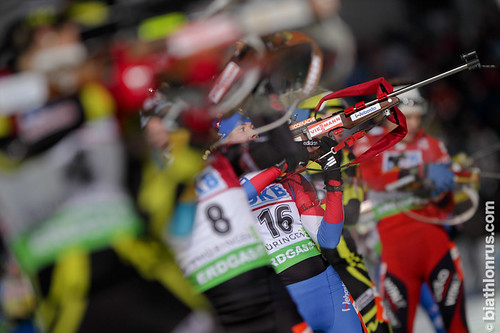
Image : http://www.flickr.com
The tension is reaching the breaking point as South Africa prepares for World Cup 2010 soccer. The stages are completed and have already hosted pre-Cup games. Major upgrades in transport and communications have led comes on, the rainbow nation ready and South Africa will continue to benefit long after the last ball has been pushed and the final was played.
This will be the first time that the prestigious international event takes place on African soil. Why this is so is an open question, given the fact that South Africa held successfully, both the 1997 World Cup rugby and cricket, the 2003 World Cup, not to mention Cameroon, the presence of internationally competitive African teams like the Ivory Coast, Nigeria, and all of them have a good chance to take home the FIFA trophy.
While South Africa are the hopes of reaching the finals not the best, the nature of football> Cup competitions and, above all, the FIFA Soccer World Cup, any team that can win, and indeed, when the host country takes gold then it will not be the first dark horse to do. Although many of the games are scheduled to play in the urban centers of Cape Town, Durban and Soweto, Johannesburg, Pretoria Metropolis, South Africa has ensured a wider distribution of benefits through the creation of ten stadia across the country. They all meet FIFA's standards in terms of safety, teamwork,Of comfort, and all the world, and compare with other football stadium somewhere else in the:
The three top-class stadiums are Johannesburg (Soccer City, 88,000 seats), Johannesburg (Ellis Park stadium with 61,000 seats) and Pretoria (Loftus Versfeld Stadium, 49,000 seats). These three stages in South Africa's urban metropolis hosted three rounds of sixteen, two quarter-finals, and the last and decisive game at Soccer City in Soweto. In such momentsexciting matches between the international football fans have the opportunity, vibrant African city life and the game reserves that lie on experience.
The three soccer clubs in the southern and western coasts of South Africa stripes - Cape Town (Greenpoint Stadium, 66,000 seats), Durban (Durban Stadium, 69,000 seats), and Nelson Mandela Bay / Port Elizabeth (Nelson Mandela Bay Stadium, 46,000 seats) - though it is to enjoy the final game yet hosted three roundssixteen, two quarter finals and two semi-final matches. In addition to these expected football stadiums, tourist destinations like the Cape Winelands, Addo Elephant Park and the magnificent Drakensberg Mountains where you can match celebrations and condolences are held.
The remaining four stages - Mangaung / Bloemfontein (Free State Stadium, 45,000 seats), Rustenburg (Royal Bafokeng Stadium, 44,000 seats), Nelspruit (Mbombela Stadium, 43,000 seats) and Polokwane (Peter Mokaba Stadium, 45,000 seats) - allhave much more to offer than just two rounds of sixteen offer between them. You are in the vicinity of protected areas such as Golden Gate Highlands National Park, the legendary Rustenburg protected areas, the Blyde River Canyon and the surrounding areas of outstanding natural beauty, not to mention the teeming herds of game in the Kruger National Park.
South Africa's 2010 World Cup is a whole lot more than the world's biggest football tournament ever. Please visit, it ishappens here, and we welcome you to our country. Come to Cape Town and other places in the 2010 World Cup.
0 comments:
Post a Comment